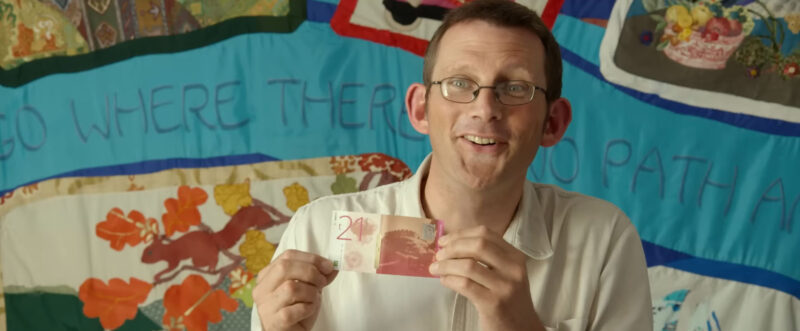Unlike many other documentaries that leave you feeling like the world is ending, “Tomorrow” manages to strike a balance. It starts by stating the harsh reality, something rarely seen, which is highly praiseworthy.
The overall tone is upbeat without being naive. It’s about showing that in our complex world, everyone can still do something. It simplifies without being simplistic, which makes it relatable, especially for younger audiences.
With that said, let’s talk about why this documentary is an absolute must-watch for anyone who advocates for the environment and sustainability.
The Structure & Five Themes
1. Agriculture
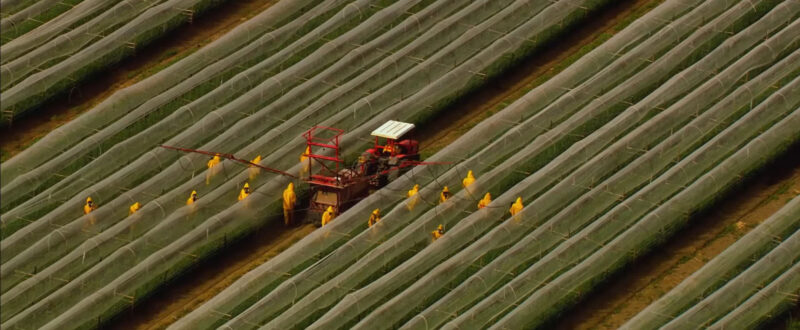
Imagine a world where permaculture and local, organic agriculture are the norms. The documentary kicks off with a wide-ranging into sustainable farming practices, showcasing projects that are revolutionizing how we grow food.
From urban farming initiatives in Detroit to permaculture gardens in France, it’s all about local solutions with global potential.
2. Energy
Next, we hop over to energy. “Tomorrow” explores renewable energy projects that are not only feasible but already in place and working wonders.
Denmark’s wind farms and Iceland’s geothermal plants are prime examples of how we can harness natural resources to power our lives without destroying the planet.
3. Economy
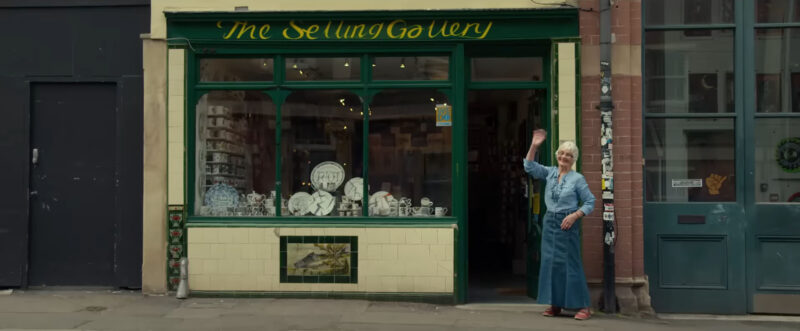
Money makes the world go round, but what if we changed how we think about it? The film introduces us to local currencies and circular economies.
These concepts may sound abstract, but they have very real and practical applications. They promote local businesses and reduce our reliance on the volatile global financial system.
4. Democracy
The documentary then takes us into the world of democracy. It highlights innovative modes of active democracy, showing how engaged citizens can bring about real change.
The key takeaway here is that democracy isn’t just about voting every few years; it’s about active participation and holding leaders accountable on a daily basis.
5. Education
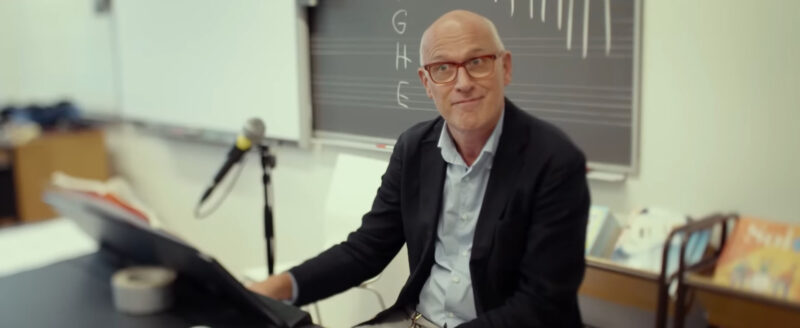
Finally, “Tomorrow” touches on education. It showcases examples of more social and human-focused educational practices that emphasize critical thinking and community engagement over rote learning.
Schools that teach kids about sustainability from a young age are creating a generation that’s prepared to tackle the environmental challenges ahead.
Real People, Real Stories
#Tomorrow, #2015s, #Trailer,#directedby #CyrilDion, #MelanieLaurenthttps://t.co/HLZRBj4jPH#movieby #AnthonyBarnosky, #OlivierDeSchutter, #CyrilDion #documentary #movies pic.twitter.com/GZjcFs6tWt
— John Tramp (@tramp963) February 10, 2020
What sets “Tomorrow” apart is its focus on real people doing real things. The protagonists are both humble and great, some already famous like Pierre Rabbi and Vandana Shiva, but they don’t come off as untouchable heroes.
They’re just guides showing us innovative paths. Their stories are inspiring because they’re relatable. They show that you don’t need to be a superhero to make a difference.
Critiques and Considerations
No film is perfect, and “Tomorrow” has its flaws. It sometimes simplifies complex issues and offers solutions that might contradict each other.
The quality of the soundtrack and some images could be better. Some innocent questions posed can feel a bit heavy-handed. Yet, these are minor gripes in the grand scheme of things.
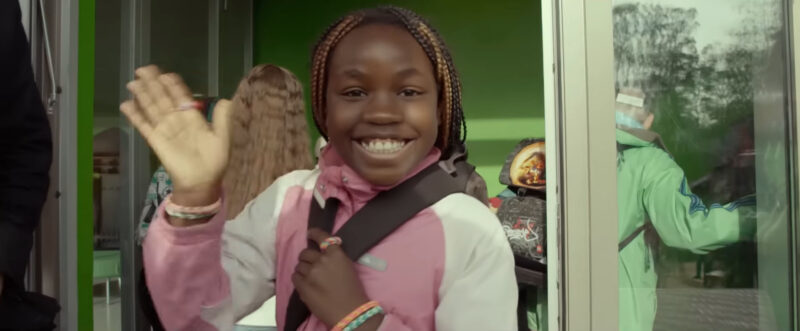
Overcoming Complexity
One of the documentary’s strongest points is its clear statement that over-complexifying issues is often a dead end. It becomes a convenient excuse not to act.
The film makes a compelling case that local actions have tangible results. Trying is worthwhile, even if it’s just for the shift in consciousness it brings.
Realistic Optimism
Stating bad news as bad is necessary, but it’s not enough. People can feel overwhelmed and think that nothing can be done.
“Tomorrow” reminds us that small steps still matter. It’s about hope and the idea that local initiatives, if scaled up, can lead to global change.
The Viewing Experience
At 118 minutes, “Tomorrow” is quite lengthy, but it’s absolutely worth the time. The pacing is just right, keeping you engaged without feeling rushed.
The overall experience is informative and inspiring, with wonderful examples of cities, towns, and individuals who are genuinely living what could and should be.
Audience Reactions
In France, the documentary received a standing ovation, and for good reason. It’s not often you leave a cinema after watching a documentary about climate change feeling hopeful rather than depressed.
The film doesn’t dwell on the problems, but rather focuses on the solutions that already exist and work.
Final Words
“Tomorrow” is not just a documentary but a movement. It’s a call to action that doesn’t just highlight the dire state of our planet but also offers practical, achievable solutions.
From urban farms to renewable energy projects, local currencies to participatory democracy, and innovative education models, it shows that positive change is within our grasp.
So, if you’re looking for a documentary that will not only inform you but also inspire you to act, “Tomorrow” is the one to watch. It’s a ray of hope in the often bleak world of environmental documentaries, showing us that a better future is possible, starting with the actions we take today.

